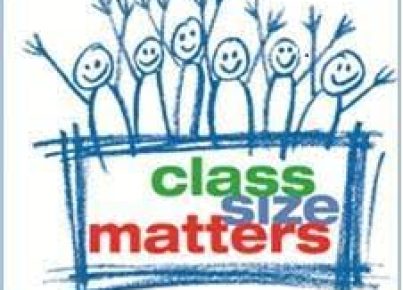Introduction
The education sector is constantly evolving, and as a result, regular reviews and updates to teachers’ standards are necessary to ensure that every child has access to quality education. However, during these revisions, it’s important not to forget the vital role of Special Educational Needs Coordinators (SENCOs) in the process. In this article, we will discuss the significance of SENCOs in the Teachers’ Standards review.
The Role of SENCOs
SENCOs are responsible for ensuring that students with special educational needs receive tailored support and accommodations. These dedicated professionals collaborate with teachers, parents, and other staff members to create an inclusive learning environment that promotes students’ development. SENCO’s responsibilities often include:
1. Assessing and identifying students with special educational needs
2. Developing Individual Education Plans (IEPs) for these students
3. Coordinating support services and resources for students with SEN
4. Providing training and advice to teaching staff on inclusive practices
5. Communicating with parents and carers about their child’s progress and needs
6. Monitoring the effectiveness of interventions and maintaining records.
Teachers’ Standards Review Impact on SENCOs
As Teachers’ Standards are revised, it is crucial to consider the consequences for SENCOs and their vital work in schools. Some potential implications include:
1. Changes in expectations: The updated standards may set higher expectations for teachers in terms of adaptations, which could impact the SENCO workload or cause confusion among staff members.
2. Training needs: New standards may necessitate additional training for both teachers and SENCOs; resources should be provided to help them understand new requirements better.
3. Collaboration: Improved standards may facilitate the increased collaboration between teachers and SENCOs as a result of a clearer understanding of expectations for inclusive practices.
4. Accountability: Updated Teachers’ Standards may establish clearer accountability lines for SENCOs in monitoring, supporting, and evaluating interventions.
Conclusion
In conclusion, as Teachers’ Standards are reviewed, we must not forget the crucial role SENCOs play in providing an inclusive and supportive education for all students. It is important for policymakers and stakeholders to consider the implications of any changes in standards for these dedicated professionals and ensure that the revised standards support them effectively. Incorporating SENCO perspectives during the review process can lead to improved outcomes for teachers, students with special educational needs, and their families.





